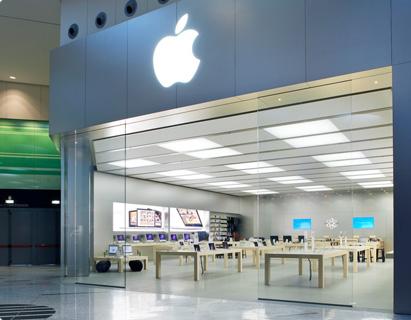
Italian antitrust regulators have fined Apple some €900,000 (about US$1.2 million) (Italian) for failing to to inform Italian customers of their legal right to two years’ of technical support for their products. As a result, regulators found many customers were mislead into paying for AppleCare protection for coverage beyond the first year of ownership.
AppleCare Protection plans typically offer two years of coverage for iPhone and iPad products, and three years for notebook and desktop computers. For mobile products, that means Italian customers buying AppleCare were effectively lured into paying for coverage they were entitled to under Italian law.
Some €400,000 of the penalty was for Apple failing to inform consumers at point of sale or on their Web sites of the statutory two-year guarantee required under Italian law. An additional €500,000 penalty was assessed for Apple then offering its paid-for AppleCare plans for technical support after the first year. In addition, Apple is being required to change its AppleCare packaging to reflect the two-year warranty period mandated by Italian consumer code, as well as put a notice on its Web site informing Italian customers of the settlement.
Apple has not yet responded to requests for comment on the ruling. It’s not clear whether Italian customers who purchased additional AppleCare coverage for their devices will be reimbursed, see their terms of coverage extended, or receive any form of compensation.
Editors' Recommendations
- Apple M2 smokes the $6,000 Mac Pro and M1 MacBook Pro, leaked benchmark shows
- HDMI 2.1 and A14x: The next Apple TV could be a powerhouse for gamers
- Apple claims it removed Screen Time competitors over data privacy concerns


